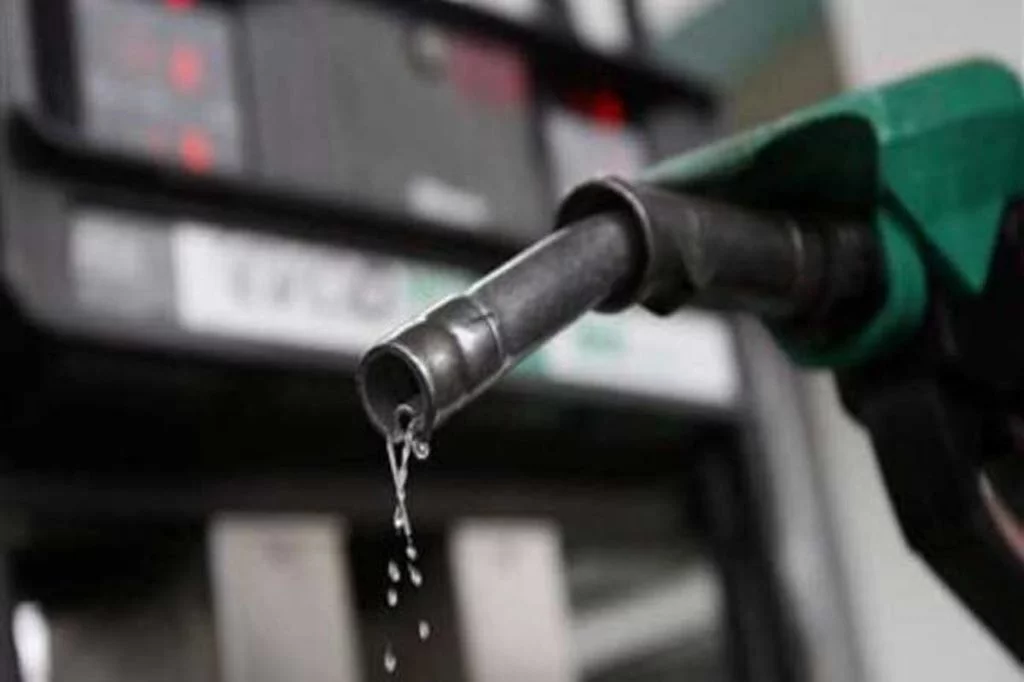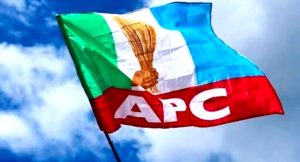
Petrol and other refined petroleum products may become more expensive in the coming days due to the surge in crude oil prices, including Brent crude, which recently hit $81.09 per barrel, up from around $76 last week.
This increase could significantly impact Nigeria, where the 2025 budget proposal set the oil price benchmark at $75 per barrel. The rise in crude prices is attributed to geopolitical tensions, including sanctions on Russian oil exports, which have created supply concerns.
Market sources reveal that the ex-depot price of refined fuels in Nigeria may soon reflect this development. As of Friday, the price of diesel (automotive gas oil) has already risen by at least ₦70, moving from ₦1,050 to ₦1,120 per litre at Lagos depots.
Data from the Major Oil Marketers Association of Nigeria (MOMAN) indicates that as of December 19, 2024, the landing cost of petrol stood at ₦887.51 per litre. However, the rise in crude oil prices may further increase the landing cost, pushing pump prices higher.
In recent weeks, petrol prices had recorded a slight reduction, with the Dangote Refinery and the Nigerian National Petroleum Company Limited announcing a decrease in ex-depot prices last year. This adjustment brought retail petrol prices down to ₦935–₦965 per litre from ₦1,040 per litre. Despite this, current prices vary between ₦935 and ₦1,100 per litre nationwide.
An increase in petrol prices could worsen inflationary pressures, as higher fuel costs often lead to increased prices for goods and services. Nigeria’s inflation rates for November 2024 stand at 34.60% (headline inflation) and 39.93% (food inflation).








